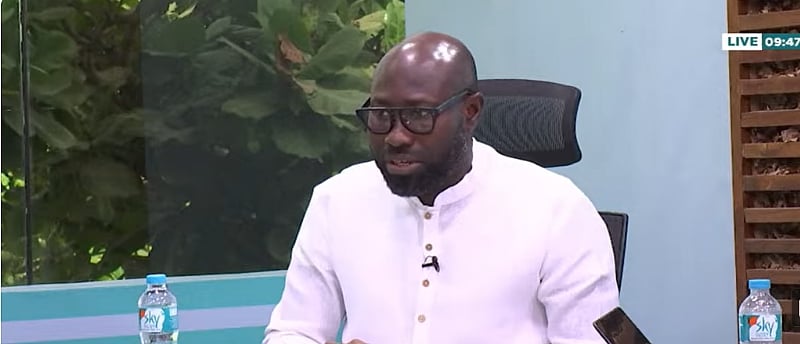The recent High Court decision against Ernest Kumi, the Member of Parliament for Akwatia, has sparked controversy and raised questions about judicial fairness and potential political motivations. Kumi was found guilty of contempt of court for defying an interim injunction that prevented him from being sworn in as a legislator. The presiding judge, Justice Emmanuel Senyo Amedahe, issued a bench warrant for Kumi’s arrest after he failed to appear for sentencing. This development has prompted strong reactions, particularly from John Darko, the MP for Suame, who has publicly expressed his confidence in overturning the High Court’s decision.
Darko’s assertion stems from his belief that the judicial process was not followed correctly. He argues that the matter was not “ripe for hearing” and that no judge should be able to issue a ruling on a case that hasn’t properly matured. This contention suggests a potential flaw in the legal proceedings leading to Kumi’s conviction. He firmly believes that the decision against Kumi will be overturned on appeal, emphasizing the importance of fairness within Ghana’s judicial system. He maintains that the court’s action was premature and that a proper hearing would ultimately exonerate Kumi.
Furthering his critique, Darko raises concerns about potential extra-legal influences affecting the court’s decision. He cryptically alludes to “political” motivations as a possible factor, suggesting that the ruling might have been influenced by partisan interests rather than purely legal considerations. This insinuation raises significant questions about the integrity of the judicial process and hints at a possible politicization of the legal system. This claim underscores the need for transparency and impartiality in judicial proceedings to maintain public trust in the rule of law.
The case revolves around an interim injunction that barred Kumi from being sworn in as a Member of Parliament. Kumi’s defiance of this injunction led to the contempt of court charge and subsequent conviction. The precise details of the injunction and the grounds for its issuance remain unclear in the provided text, but the implication is that a legal challenge to Kumi’s eligibility as an MP existed, and the injunction was intended to maintain the status quo pending resolution of this challenge. The crux of the matter appears to be the timing and application of the injunction, with Darko arguing that it was prematurely applied and therefore improperly used as the basis for a contempt charge.
Darko’s strong defense of Kumi and his conviction that the High Court’s decision will be overturned illustrate the complexities of this case. His comments touch upon fundamental principles of due process, judicial impartiality, and the potential influence of political considerations on legal proceedings. The situation highlights the importance of a robust and transparent legal system capable of upholding justice while remaining impervious to external pressures. The appeal process will be crucial in determining the validity of the High Court’s ruling and addressing the concerns raised about fairness and potential political interference.
The ongoing legal battle surrounding Kumi’s case will have significant implications for both the individuals involved and the broader political landscape in Ghana. The outcome of the appeal will be closely watched, as it could set a precedent regarding the application of interim injunctions, the boundaries of contempt of court, and the delicate balance between judicial independence and political influence. It is essential for all parties involved to adhere to due process and ensure that the pursuit of justice remains paramount. The resolution of this case will ultimately contribute to shaping public perception of the Ghanaian legal system and its ability to uphold the rule of law fairly and impartially.


